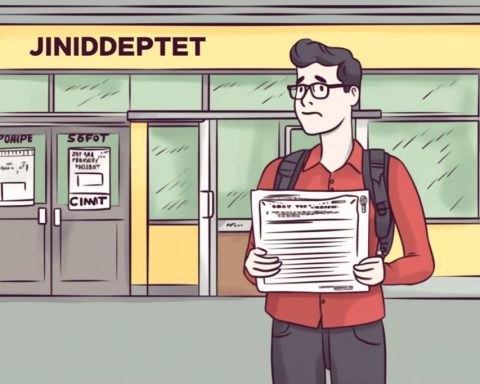Cape Town is a bustling metropolis renowned for its natural beauty, rich history, and diverse culture. While the city has much to offer, it also recognizes the importance of supporting its residents who may face financial hardships. In this regard, the City of Cape Town has introduced several assistance programs that aim to provide relief and support to municipal account holders who need it the most.
Aid for City Tenants
One of the assistance programs that the City of Cape Town offers is relief for city tenants. This program provides rental discounts and flexible payment arrangements to ensure that social housing remains accessible and affordable for those who need it most.
Indigent Relief
The City of Cape Town also has an indigent relief program that aims to alleviate financial burdens for those who are unable to make ends meet. The program offers subsidies on property rates, water, electricity, and sanitation services. Residents can follow specific guidelines provided by the city to determine eligibility for this program.
No-Interest Payment Arrangements
Residents who are facing financial difficulties can also benefit from the no-interest payment arrangements offered by the City of Cape Town. These arrangements provide a viable solution for residents to manage their financial obligations without incurring additional interest charges.
Responsible Fund Management
While the city is committed to supporting its residents in need, it also recognizes the importance of responsible fund management. Debt management actions protect the municipality’s sustainability and stability while ensuring the continued delivery of top-quality services.
Positive Outcomes
Cape Town’s efforts have yielded positive outcomes, with a remarkable 97.24% annual collection ratio. This high payment ratio signifies that the majority of residents take responsibility for their municipal accounts and have faith in the city government’s ability to manage funds effectively. The revenues generated from rates and services directly contribute to the provision of essential services within the city.
Commitment to Helping Residents
During the 2022/23 financial year, the City of Cape Town extended support to 217,964 residents through indigent and pensioner assistance programs. The City’s Mayoral Committee Member for Finance, Councillor Siseko Mbandezi, reiterates the municipality’s commitment to helping those who require assistance: “Reach out to us because we are here to help you.”
In conclusion, the City of Cape Town demonstrates its dedication to supporting and uplifting its residents through various assistance programs. By providing relief to those who are financially struggling, the city ensures that everyone can continue to enjoy the benefits of living in such a vibrant and beautiful metropolis. Cape Town sets an example for other municipalities worldwide by demonstrating its inclusivity and commitment to the well-being of all its inhabitants.












